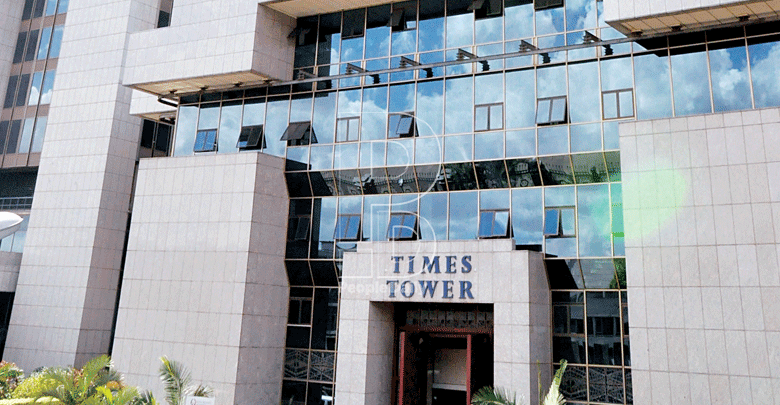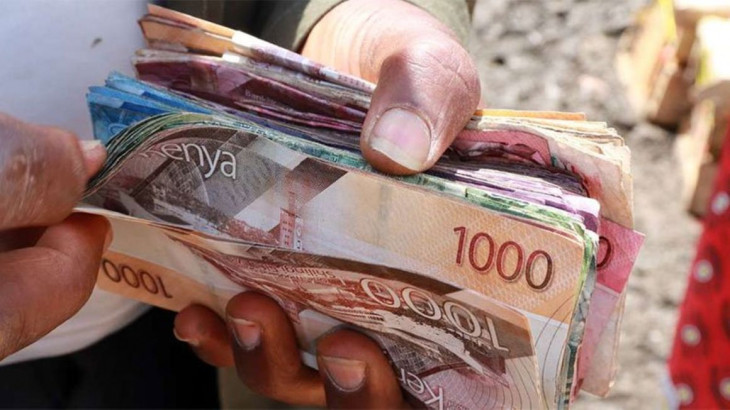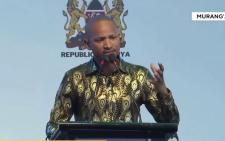Taxi App owners to be put on short leash

Pressure is mounting on the need for a pricing model for online cab-hailing App operators towards agreeable local terms after Senators called for protection of consumers and taxi drivers from exploitation.
The legislators said yesterday they also want regulations that will provide an avenue for the Kenya Revenue Authority (KRA) to draw taxes from the multi-billion dollar global industry.
Speaking during a Senate committee on Labour and Social Welfare meeting with operators, chairman Johnson Sakaja proposed a pricing model pegged on prevailing market conditions, including adjustments in fuel prices and inflation.
The committee further summoned Interior Cabinet Secretary Fred Matiangi, his Transport counterpart James Macharia, Nairobi and Mombasa county governments to appear before it to shed light on further regulations of the digital cab operators.
Regulations
“In the meeting they shall submit draft regulations after having held consultation with stakeholders as well as the Memorandum of Association that was entered into by drivers, taxi companies and witnessed by the Transport CS,” he said.
But Makueni Senator Mutula Kilonzo called for the suspension of all digital cab operators until there is a law in place to police the industry.
Regulating the industry is difficult since the app companies are domiciled abroad and do not own cars thus cannot be subjected to the laws governing the matatu industry, for example.
He referenced a case in France where a court ruled that working as an Uber driver be recognised as a fully-fledged work contract.
It followed a similar court decision decision in Britain which granted drivers rights including the national minimum wage and paid leave.
Taking the example of Uber, it has long maintained it is simply a service provider, connecting people needing a ride with drivers – either amateurs or professionals, depending on the country – in about 630 cities worldwide.
But the Paris court ruling specified that the contract between Uber and its driver was “an employment contract” on the basis that the driver was dependent on the app for work.
Kilonzo said Kenya should take that direction to ensure digital cab drivers are not exploited.
In July, drivers and partners, under the Digital Taxi Forum lobby, went on a go-slow owing to what they termed as depressed earnings, coming about 10 months after a similar strike.
He asked legislators to investigate the “skewed” profit sharing agreements between the drivers and proprietors of the cab-hailing Apps.















